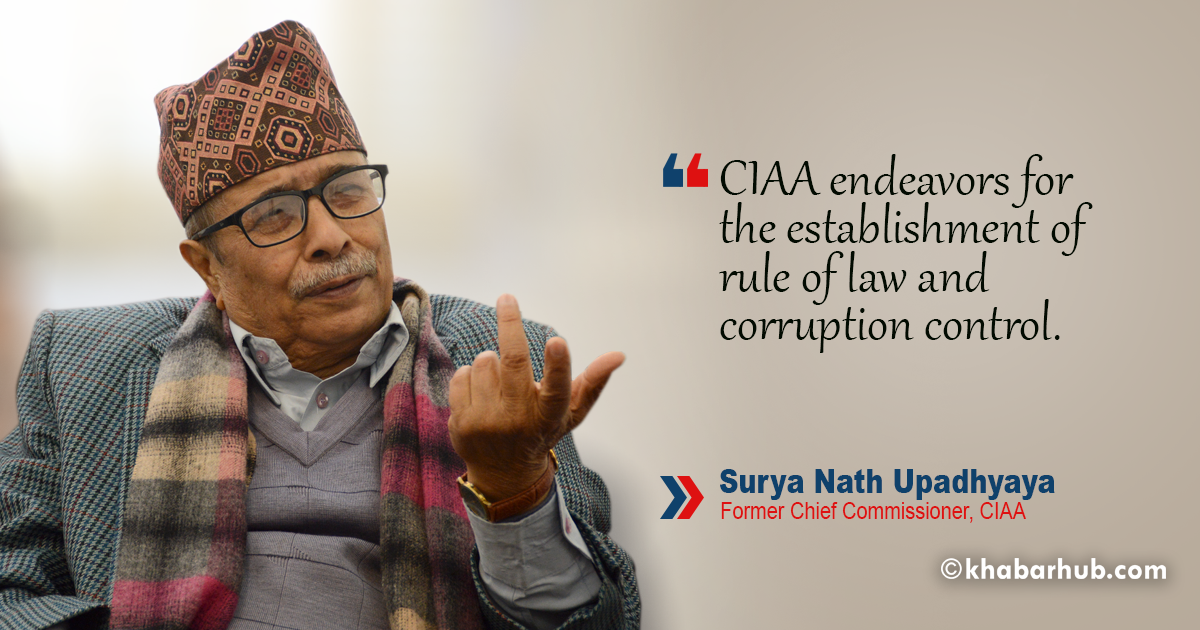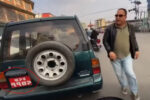The Commission for the Investigation of Abuse of Authority (CIAA), the anti-corruption watchdog, has been formed to investigate into corruption cases mainly by government officials abusing their authority.
Corruption remains a major obstacle to Nepal’s development. CIAA was conceived as a measure to counter corruption. Though conceived during the Panchayat period, it materialized in February 1991 after the restoration of democracy.
As stipulated by the CIAA act, any government official amassing property higher than the proportion of his/her salary is considered being indulged in corruption. In such a case, it is necessary to reveal the source of income to ascertain one’s non-involvement in corruption.
However, with the appointment of a capable person as the Chief Commissioner, there have been indications of efficacy. The anti-corruption body is gradually picking up its momentum as well as gaining public trust.
Given its history, CIAA has not been as effective as should have been due to the acute shortage of efficient human resources. To recall, the CIAA got a full shape only in 2002 after the appointment of all commissioners.
That was not enough. The CIAA was in short of logistics ranging from human resources as well as a well-equipped office building. Hence, most of the time was consumed in training the officials besides preparing ‘decisive mode’ of the investigation.
Unfortunately, when a well-equipped CIAA was about to spring into full swing, the anti-corruption body’s privileges were truncated during the authoritarian rule of the ex-king Gyanendra.
The failure to appoint the Chief Commissioner for a long time after the establishment of a federal system hampered the CIAA’s mission.
Later, thanks to the demeanor of a single person, the CIAA nearly got into the verge of collapse. That was the consequence of a wrong decision by the political heads in appointing a wrong person to the post.
However, with the appointment of a capable person as the Chief Commissioner, there have been indications of efficacy. The anti-corruption body is gradually picking up its momentum as well as gaining public trust.
For its effective functioning, the CIAA needs the support of the judiciary. Currently, we have a scenario where CIAA files a case against a government official on corruption charges and gets released on bail from the court. Such a situation will weaken the case. Therefore, the court should equally be committed to curbing corruption.
To recall, Prime Minister KP Oli has committed zero tolerance against corruption. Therefore, he should provide full-fledged support to the CIAA by taking initiatives to involve the body to probe into corruption cases without being bias. In fact, he should extend his cooperation to the CIAA to prepare the file against any government authority. Unfortunately, issues related with the cabinet decision, court and the Nepal Army do not come within the ambit of CIAA. The CIAA should be given the rights to investigate issues of corruption and the cabinet decisions as well.
the newly promulgated constitution has curtailed some rights of CIAA. It is, therefore, high time that the CIAA be fully empowered to battle against rampant and deep-rooted corruption in the country.









Comment